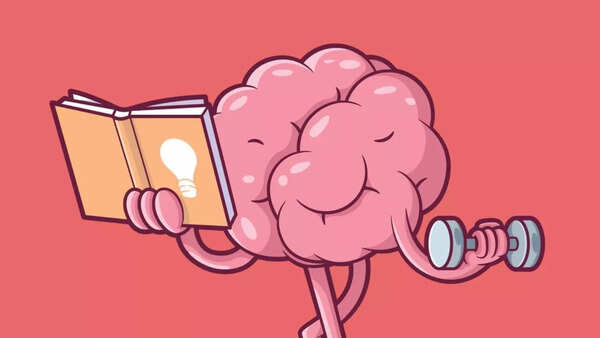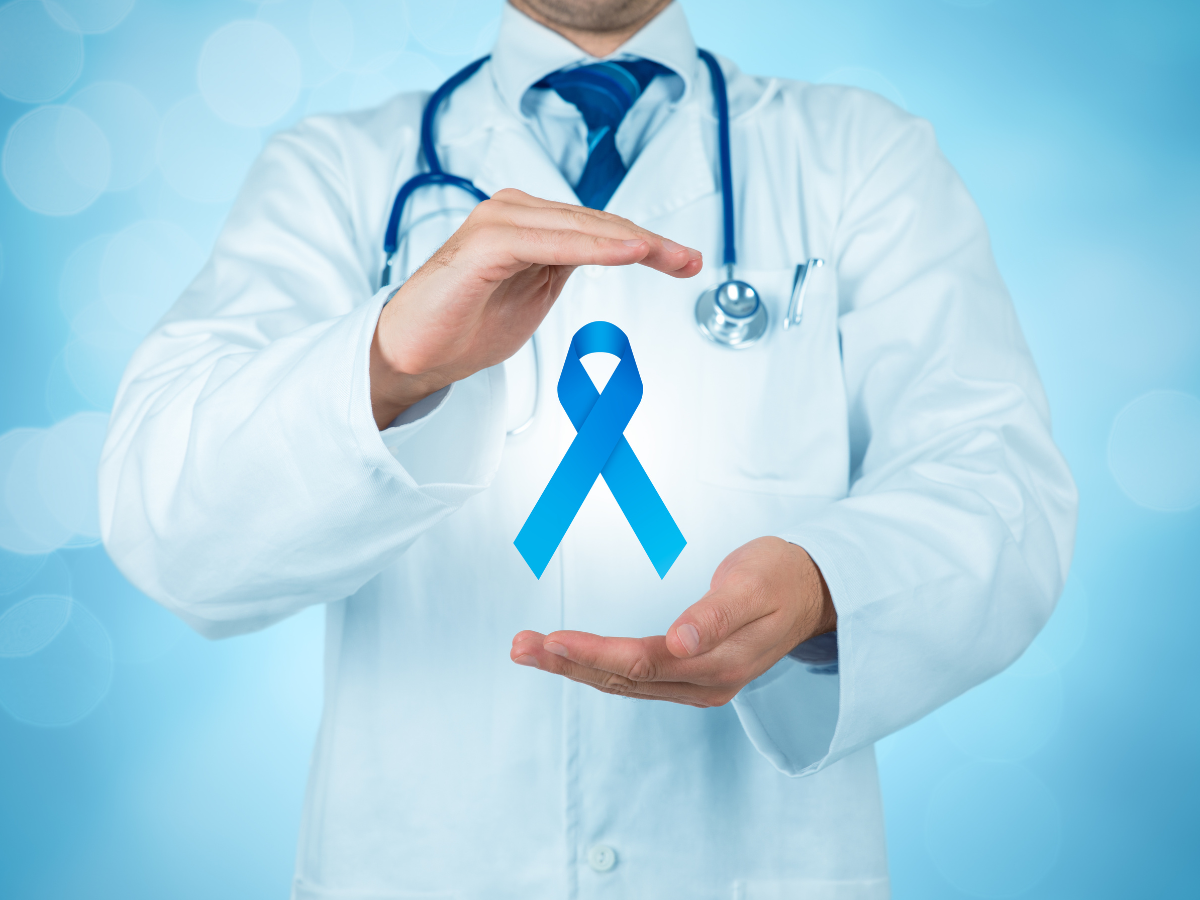
Having someone who listens attentively may significantly boost cognitive resilience, according to a recent study. Researchers found that adults with readily available listeners demonstrated better cognitive function, even with age-related brain volume loss. This social support could potentially slow cognitive aging and delay Alzheimer's symptoms.
Keeping the brain sharp is crucial for overall well-being. From cognition, memory, and emotional regulation, a healthy brain plays a key role in how we function daily. While we often turn to puzzles, exercise, and diet to maintain brain health, scientists now say something much simpler, yet often overlooked, could be just as powerful: having someone who listens! A study published in JAMA Networkfound a link between having someone you can count on to listen to you when you need to talk, with improved cognitive resilience. A person who is all ears

According to the study, adults who have access to a good listener, a person who is available most or all of the time to provide emotional support, show significantly better cognitive resilience. This interaction will help the brain from declining, even with aging or diseases like Alzheimer’s.“We think of cognitive resilience as a buffer to the effects of brain aging and disease. This study adds to growing evidence that people can take steps, either for themselves or the people they care about most, to increase the odds they’ll slow down cognitive aging or prevent the development of symptoms of Alzheimer’s disease—something that is all the more important given that we still don’t have a cure for the disease,” lead researcher Joel Salinas said.
About 5 million people in America are living with Alzheimer’s disease, a progressive condition that affects mostly those over 65. This condition interferes with memory, language, decision-making, and the ability to live independently. Salinas added that the results of this study indicate that people younger than 65 would benefit from social support. For every unit of brain volume loss, people in their 40s and 50s who had fewer listeners showed cognitive abilities similar to someone four years older than those who had more listeners.
“These four years can be incredibly precious. Too often, we think about how to protect our brain health when we’re much older, after we’ve already lost a lot of time decades before to build and sustain brain-healthy habits. But today, right now, you can ask yourself if you truly have someone available to listen to you in a supportive way, and ask your loved ones the same. Taking that simple action sets the process in motion for you to ultimately have better odds of long-term brain health and the best quality of life you can have,” Salinas said.The study

Researchers analyzed data from 2,171 participants in the Framingham Heart Study, one of the longest-running community-based studies in the U.S., with an average participant age of 63. The participants self-reported about the various types of social support they have, including access to someone who listens, offers good advice, and provides emotional support.The cognitive resilience of the participants was measured as the relative effect of total cerebral brain volume on global cognition, using MRI scans and neuropsychological assessments.
Lower brain volumes tend to be associated with lower cognitive function. The researchers examined the modifying effect of individual forms of social support on the relationship between cerebral volume and cognitive performance.
They found that the cognitive function of individuals with greater availability of one specific form of social support was higher relative to their total cerebral volume. This particular form of ‘social support’ was the availability of a listener, and it was linked with increased cognitive resilience.What you should do

“Loneliness is one of the many symptoms of depression, and has other health implications for patients. These kinds of questions about a person’s social relationships and feelings of loneliness can tell you a lot about a patient’s broader social circumstances, their future health, and how they’re really doing outside of the clinic,” Salinas said.Researchers noted that further study is required for further understanding of the biological mechanisms that link psychosocial factors to brain health. “While there is still a lot that we don’t understand about the specific biological pathways between psychosocial factors like listener availability and brain health, this study gives clues about concrete, biological reasons why we should all seek good listeners and become better listeners ourselves,” Salinas concluded.

 16 hours ago
59
16 hours ago
59




























 English (US)
English (US)